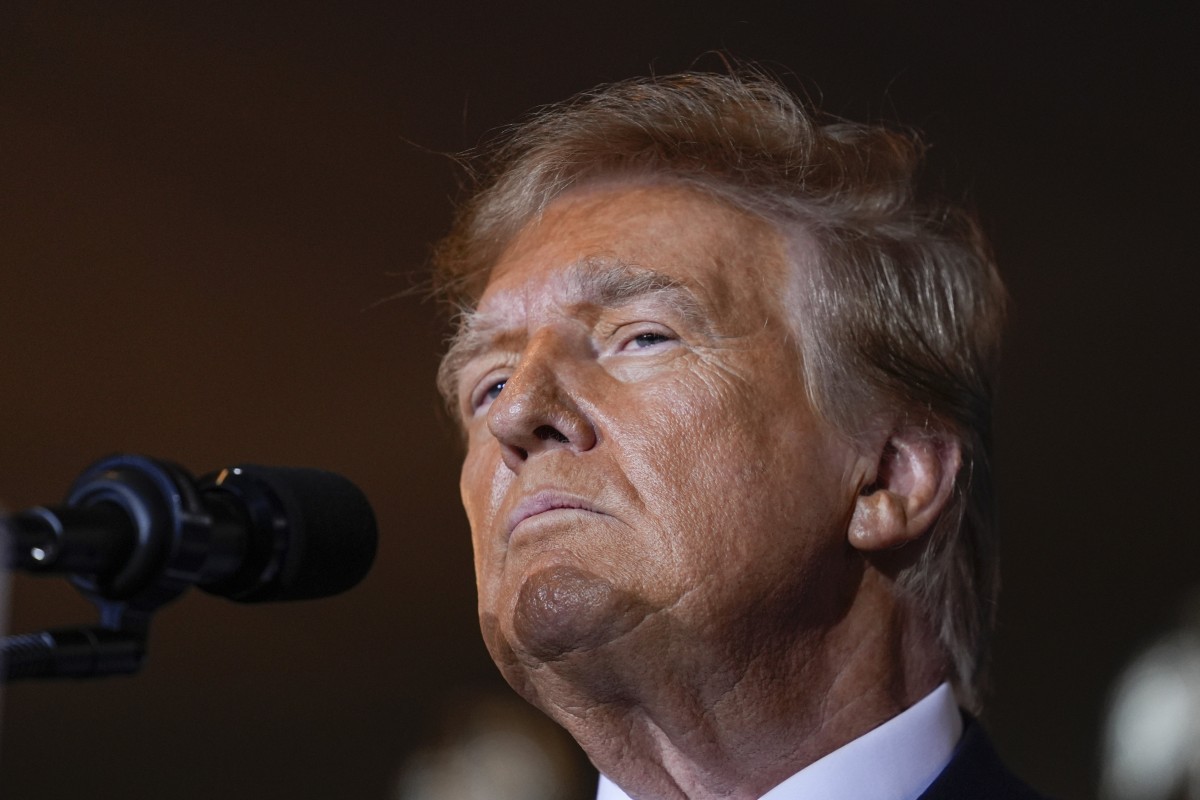Latin America
Related: About this forumBrazil asks Argentina for help in locating Bolsonaro coup fugitives
TODAY 09:23
Brazil has asked Argentina for help in locating the possible presence of more than 140 individuals it says are fugitives from justice.
Brazil has asked Argentina for help in locating the possible presence of more than 140 individuals it says are fugitives from justice.
Authorities in the neighbouring country are seeking individuals, followers of the far-right former president Jair Bolsonaro, who took part in the infamous attack on Brazil’s three branches of government in 2023.
According to a Foreign Ministry spokesperson in Brazil, the justice system has sent a request to Argentina’s Foreign Ministry asking it to “verify whether 143 fugitives from justice are located in Argentine territory.”
. . .
Brazilian police have arrested hundreds of alleged vandals, financiers and inciters of the assaults that took place in January 2023, a week after the inauguration of President Luiz Inácio Lula da Silva.
More:
https://www.batimes.com.ar/news/latin-america/brazil-asks-argentina-for-help-in-locating-bolsonaro-coup-fugitives.phtml
Arne
(3,608 posts)More than 300 Nazi fugitives fled to Argentina, including war criminals such as Erich Priebke, Joseph Mengele, Eduard Roschmann, Josef Schwammberger, Walter Kutschmann, and Gestapo Colonel Adolf Eichmann.
Could it be the weather? the coffee? bananas?
peppertree
(22,850 posts)Many of them war criminals - who then shared their knowledge of just about any crime you can imagine (torture, money laundering, psy-ops, etc.).
Many of them were settled along the Highway 57 corridor between Carlsbad and Escondido, CA. Some of the antique shops in Escondido (which means 'hidden' in Spanish) look like Nazi memorabilia museums (one was actually run by a very surly one).
Their descendants are often quite proud of them - and of course, are now mostly Republicans.
As far as Argentina - some did hide down there for a number of reasons, including:
· culture - it's mostly white - at least by Latin standards;
· weather - it's temperate - no coffee or bananas;
· economy - it could provide them jobs, since most did lot leave with much money (and indeed many, like Eichmann, lived like paupers: Google-earth Garibaldi 6075, Virreyes, Argentina; it's the empty lot on the right)
· local hosts - a sizable, influential German community who had the means to assist them - at least on arrival;
· a welcoming regime - Perón believed these Nazis had advanced scientific skills and hidden wealth, and could thus be useful assets (he was also welcoming toward Jews - as he felt they, too, contributed to Argentina's development);
· and Vatican and Croatian connivance - they ran a secret 'ratline' program for profit, and many of those fake Croatian passports and Red Cross passes led to Argentina.
The CIA was perfectly aware - but chose to look the other way because they, of course, had their own 'Paperclip' issues.
That said, Nazis escaped to numerous other countries as well - including Brazil, Chile, Paraguay, and of course Spain and Portugal - both of which were led by fascist dictators at the time.
So why is Argentina most commonly associated with the Nazi escapee issue? A lot of that has to do with Argentina's own, very spiteful domestic politics.
In 1945-46, elections were imminent - and it was clear that the likely winner would be the populist Juan Perón. Suffice it to say, the country's elites (and the middle class - who, like in the U.S., often side with elites out of sheer racist snobbery), weren't having it.
So they did what Latin American right-wingers often do: they tried to manipulate Washington into siding - and putting their thumb on the scale - for them. And in Perón's case, they found the perfect cudgel: his well-known relationship with the German embassy during the war ($), and his assistance to them afterward.
Perón's opponents made their case to the U.S. ambassador, Spruille Braden - who then promptly issued a "blue book" slamming Perón for his "Nazi sympathies" (he sympathized with their money - not their policies) and other "undemocratic" shortcomings (he was indeed an authoritarian - like many Argentine politicians).
Braden's blue book was highly-publicized in the U.S. and elsewhere - and the reputation stuck. Not just against Perón, as his opponents had intended - but against Argentina as a whole.
And they rest, as they say, is history.
Arne
(3,608 posts)to the Bush grandfather and right into the presidency.
peppertree
(22,850 posts)He managed their Wall Street investments at least as far back as 1927 - and well: like the Bushes and Churchill, the Nazis shorted just before the Great Crash thanks to Prescott - who continued to manage their money until his bank was seized in 1942.
But as you know, he was certainly not the only U.S. executive to back Hitler - whom they saw as a model for the kind of iron-fisted, union-busting and "pro-business" governance they preferred.
Like a certain other authoritarian windbag...
 ?itok=6ifM9Z6_&v=1708143739
?itok=6ifM9Z6_&v=1708143739
Arne
(3,608 posts)he's more a Gasbag.